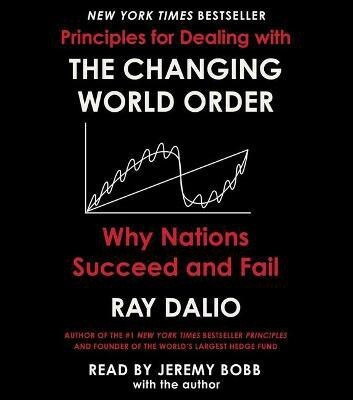
IGNOU TS 5 Ecology, Environment and Tourism | Guess Paper | Important Question Answer |Certificate in Environmental Studies (CES) (Paperback, BMA Publication)
Share
IGNOU TS 5 Ecology, Environment and Tourism | Guess Paper | Important Question Answer |Certificate in Environmental Studies (CES) (Paperback, BMA Publication)
Be the first to Review this product
₹250
₹399
37% off
Available offers
T&C
T&C
Delivery
Check
Enter pincode
Delivery by29 Jun, Sunday
?
if ordered before 10:59 AM
View Details
Highlights
- Binding: Paperback
- Publisher: BMA Publication
- ISBN: 9783786217527
- Edition: Latest, 2024
- Pages: 80
Services
- Cash on Delivery available?
Seller
Description
Introduction to Ecology, Environment, and Tourism:
Define ecology, environment, and tourism and their interrelationships.
Discuss the significance of ecological principles and environmental conservation in sustainable tourism development.
Ecosystem Concepts and Dynamics:
Define ecosystems and discuss their components, including biotic and abiotic factors.
Explain ecological concepts such as energy flow, nutrient cycling, and ecological succession.
Discuss the impacts of tourism on ecosystems and strategies for minimizing environmental degradation.
Biodiversity and Conservation:
Define biodiversity and its importance for ecosystem stability and human well-being.
Discuss threats to biodiversity, including habitat loss, overexploitation, pollution, and climate change.
Describe conservation strategies and initiatives aimed at protecting biodiversity hotspots and endangered species.
Natural Resource Management:
Discuss the sustainable management of natural resources such as water, forests, wildlife, and marine ecosystems.
Explain the principles of sustainable harvesting, habitat restoration, and ecosystem-based management.
Analyze case studies of successful natural resource management projects in ecotourism destinations.
Environmental Impact Assessment (EIA):
Explain the purpose and process of environmental impact assessment (EIA) in tourism development projects.
Discuss methodologies for identifying, predicting, and mitigating the environmental impacts of tourism activities.
Evaluate the effectiveness of EIA regulations and guidelines in promoting sustainable tourism practices.
Climate Change and Sustainable Tourism:
Discuss the impacts of climate change on tourism destinations, including sea-level rise, extreme weather events, and changes in biodiversity.
Explain adaptation and mitigation strategies for addressing climate change in the tourism sector.
Describe sustainable tourism practices that reduce carbon emissions and promote environmental resilience.
Community-Based Tourism and Sustainable Livelihoods:
Define community-based tourism (CBT) and its potential for empowering local communities and promoting sustainable livelihoods.
Discuss principles and best practices for developing and managing community-based tourism initiatives.
Analyze case studies of successful CBT projects that enhance cultural preservation, economic development, and environmental conservation.
Cultural and Heritage Tourism:
Discuss the role of cultural and heritage tourism in promoting cultural exchange, preserving cultural heritage, and fostering intercultural understanding.
Describe strategies for managing tourism impacts on cultural sites, including visitor management, interpretation, and conservation.
Explore the concept of sustainable heritage tourism and its importance for protecting cultural landscapes and intangible heritage.
Read More
Specifications
Book Details
| Publication Year |
|
| Exam |
|
| Number of Pages |
|
| Net Quantity |
|
University Books Details
| Stream |
|
| Degree/Diploma |
|
| Specialization |
|
Additional Features
| Age Group |
|
In The Box
|
Be the first to ask about this product
Safe and Secure Payments.Easy returns.100% Authentic products.
Back to top




